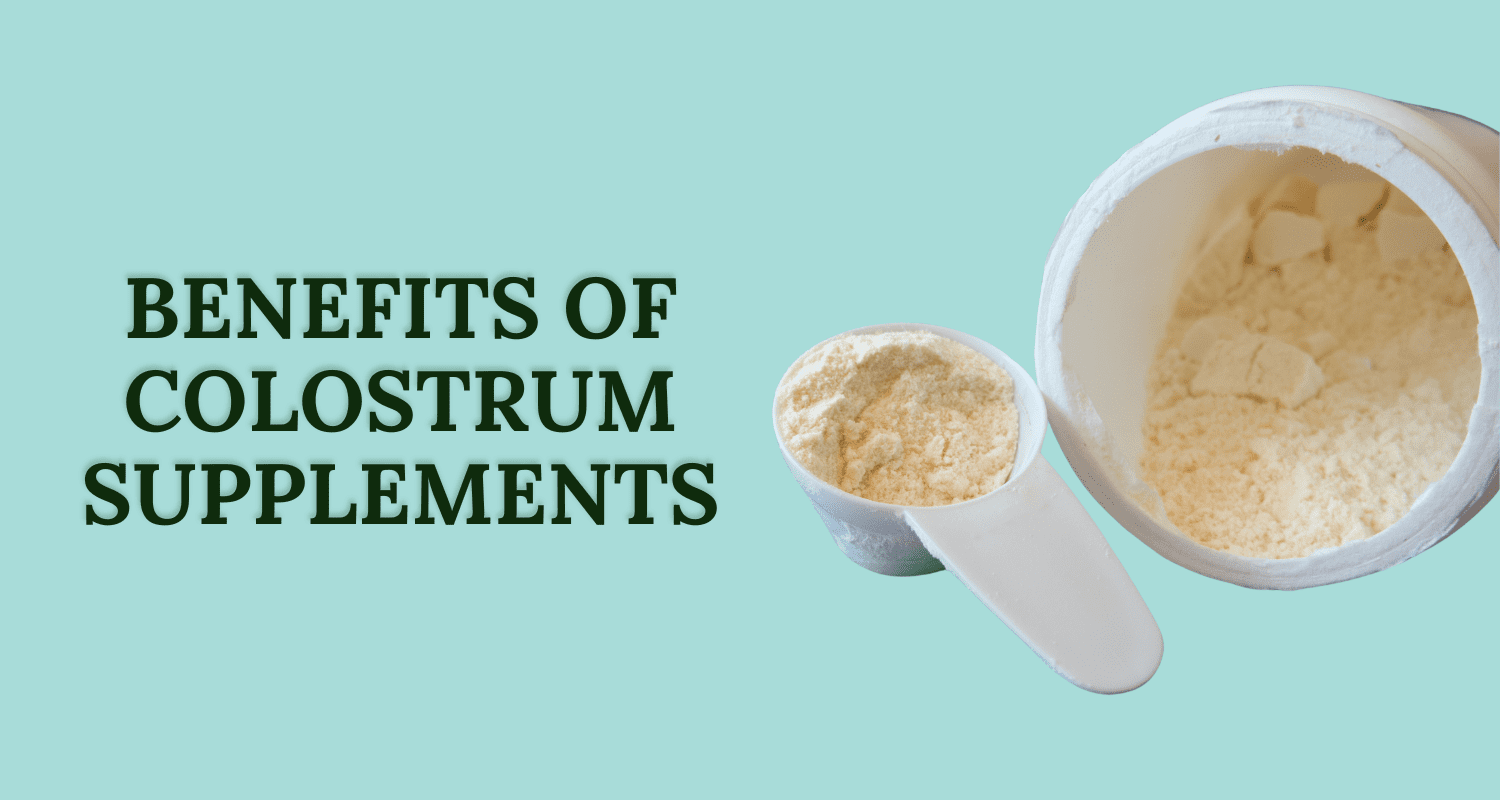Every year, the common cold leads to huge losses in productivity. The Centers for Disease Control and Prevention (CDC) says adults in the U.S. get 2-3 colds each year. Kids catch them even more often. Many folks are trying to fight off colds and some use zinc as a defense.
In this article, we’ll explore does zinc help with colds and the science behind zinc and immune system. We’ll also explore the zinc benefits for colds, its side effects and other additional cold remedies to help with colds.
Let’s delve into whether does zinc help with colds.
Key Takeaways:
- Studies on whether does zinc help with colds have yielded mixed results.
- Zinc plays a crucial role in the functioning of the immune system.
- Zinc may inhibit the replication of the rhinovirus, which causes colds.
- The research does not provide clear guidelines on the best type and zinc dosage for colds relief.
- Consulting with a healthcare provider is recommended before using zinc for cold prevention.
Understanding the Role of Zinc in Cold Relief
Zinc is a key mineral that helps our immune system. It helps create and activate important immune cells. These cells fight off infections, like colds.
Many studies have looked into how zinc might prevent or ease colds. They focused on zinc’s impact on cold symptoms and its ability to stop viruses from spreading. Yet, the findings are mixed. Some studies show zinc helps, while others don’t see a big difference.
Zinc could be helpful against colds, but we need more research. This will help us know how effective it really is.
The Science Behind Zinc and Cold Relief
Zinc has been studied for its role in cold relief, thanks to lab experiments. These experiments show zinc can stop the cold virus from getting into cells. That’s why some believe zinc could help fight colds.
A key study in 1984 looked into zinc lozenges to see if they could fight colds. This study found that zinc might make colds shorter. Yet, side effects like upset stomachs and taste problems were reported. These issues make people wonder if zinc is a good option for colds.
Research has also looked at zinc nasal sprays and their impact on colds. Some people say these sprays helped them get over colds faster. However, there’s a big downside – some lost their sense of smell forever. This risk makes it important to be careful with zinc sprays.
Studies on zinc and colds have shown mixed results. Some research backs up zinc’s benefits, while other studies see no effect. The different outcomes suggest other factors might influence zinc’s effectiveness. More research is needed to understand zinc better and to find safe ways to use it for colds.
Recommended Zinc Dosage for Cold Relief
Finding the right zinc dosage for cold relief can be tricky. Various studies have looked at different forms and amounts of zinc. This includes zinc gluconate lozenges, zinc acetate lozenges, and zinc sulfate syrup. But there’s no agreed-upon best dose for fighting colds with zinc.
For general health, adults should take less than 40 mg of zinc per day, unless a doctor says otherwise. Yet, for colds, it’s best to ask a healthcare provider for advice. They can suggest the correct dosage and plan for you.
It’s vital to consult a healthcare provider for zinc dosage. They consider your age, health, and any other meds you take. They’ll tell you if zinc is right for you and how much to take on your specific case.
They also advise on the best type of zinc supplements for colds for you. This way, you get the benefits of zinc without risks. You won’t have to worry about side effects or the supplement affecting other medications.
Considerations for Zinc Dosage
There are a few key points to remember about zinc for colds:
- Higher doses of zinc might not work better for colds and could cause more side effects.
- How much zinc you take and for how long can depend on you, your cold, and other personal details.
- Zinc supplements shouldn’t replace a balanced diet or be a continuous fix.
Side Effects of Zinc for Cold Relief
Zinc is often seen as a helpful fix for colds. But it’s key to know the possible side effects it has. Common side effects are upset stomach, taste problems, and mouth irritation. These are usually mild and go away if you stop taking zinc.
Still, there are more serious side effects linked to zinc nasal sprays. Some people have lost their smell permanently from using them. This is rare, but it’s crucial to be cautious. So, think carefully about using zinc for colds. Look at the risks and benefits, and consider other remedies.
Potential Side Effects of Zinc for Cold Relief:
- Upset stomach
- Problems with taste
- Mouth irritation
- Permanent loss of smell (rare)
Considering the side effects of zinc, consult a healthcare professional before using it for colds. They will offer advice based on your health. It’s very important to discuss your health situation and any risks.
Zinc isn’t the only option for cold symptoms. There are many other remedies and over-the-counter options that can help without zinc’s side effects. Consider staying hydrated, resting well, using saline for congestion, and taking pain relievers for discomfort. These alternatives may help.
In the end, deciding to use zinc for cold relief needs a lot of thought and a doctor’s advice. Their knowledge can guide you through the risks and benefits of zinc, helping you choose the best treatment for your cold symptoms.
Zinc as a Preventive Measure for Colds
Some evidence shows zinc might help prevent colds, but it’s not yet certain.
Zinc has been studied as a way to lessen cold risks. Results vary. Some research indicates it can reduce cold events and severity. Others see no difference from a placebo.
Zinc supplements aren’t a replacement for healthy living. It’s crucial to keep up good hygiene. Washing hands often and steering clear of sick people are key. A nutritious diet and regular exercise strengthen your immune system, keeping you well.
The Importance of Consulting a Healthcare Provider
Before you try new supplements or treatments, talking to a healthcare provider is key. This is very true when thinking about using zinc to help with colds. They can look at your health and suggest what dose and treatment you should follow.
Getting professional help in deciding on zinc doses for colds is critical. Your healthcare provider can figure out the best dose for you. They consider your age, health, and if you’re taking other medicines.
If you have health issues or are on medication, it’s even more important to see a healthcare provider before taking zinc. They will check if zinc is safe for you and if it can help with your cold. This way, you stay safe and well cared for.
Additional Cold Remedies to Consider
Zinc remedies for colds might be one option for easing cold symptoms. But, there are many other remedies and treatments to think about. These can offer relief and might speed up your recovery from a cold.
Here’s what you can try:
1. Stay Hydrated
Drinking fluids like water, herbal tea, and clear broths is key. It helps keep your body hydrated and eases congestion. Staying hydrated helps make mucus thinner and boosts your immune system.
2. Get Plenty of Rest
Resting lets your body heal. It’s important to sleep well and not overdo it when you have a cold.
3. Use Saline Nasal Sprays or Rinses
Saline nasal sprays or rinses can lessen congestion and add moisture to your nasal passages. They also clear away irritants and make your nose feel better.
4. Try Over-the-Counter Pain Relievers
Medicines like acetaminophen or ibuprofen can ease pains from colds, like headaches and sore throats. Always follow the dosage instructions and talk to a doctor if needed.
5. Use Humidifiers
Humidifiers add moisture to the air. This moisture soothes irritated passages in your nose and throat. It can also decrease coughing and congestion. This makes it easier to breathe and sleep.
Remember, not every remedy works for everyone. People’s needs and responses vary. Plus, if you have health conditions or take other medicines, talk to a doctor before trying new remedies or treatments.
Potential Limitations of Zinc Research on Colds
Studies on zinc and cold treatment show mixed results. Some find it effective, while others don’t see a big difference. This inconsistency may be due to how each study was set up. Things like study design, sample size, and the type of zinc used vary.
Larger, more detailed studies are needed to really understand zinc’s effect on colds. Many studies so far have been small, which makes it hard to apply their findings widely. Running bigger studies with people from different backgrounds would help show how effective zinc really is.
It’s also hard to know the best kind of zinc to use. Studies have tried various forms and amounts of zinc, like zinc gluconate and zinc acetate lozenges. With each study using different zinc types, it’s challenging to figure out which is best.
There’s also the issue of zinc’s side effects, which are still being studied. Some people have reported stomach problems and irritation in the mouth. More research is necessary to fully understand zinc’s safety and how to avoid any bad effects.
Researchers are working hard to find clearer answers about whether does zinc help with colds. They are doing more thorough studies to see how safe and effective zinc is. They also want to find the best zinc type and amount that helps most while causing the least problems.
Given these research gaps, staying up-to-date with new findings is key. If you’re thinking about whether does zinc help with colds or using zinc for a cold, talk to a doctor first. They can offer advice tailored to your health needs.
Conclusion
Does zinc help with colds? The use of zinc for colds is still being researched. Some studies show it can shorten cold symptoms. Others don’t find a clear benefit.
Zinc might cause an upset stomach or mouth irritation. It’s best to talk with a healthcare provider before starting any treatment. They can suggest the right dose and plan.
To prevent and treat colds, focus on good hygiene, and a healthy lifestyle, and seek medical advice when necessary.
FAQs
Does zinc help with colds?
Zinc may help reduce the duration and severity of a cold by supporting immune function, but results are mixed and depend on individual factors.
Is it good to take zinc when you have a cold?
Taking zinc within 24 hours of cold symptoms may shorten the illness, especially with lozenges or syrup formulations.
How much zinc to take for a cold?
The recommended dosage for zinc during a cold is typically 75mg per day for adults, but it’s best to consult a healthcare provider for personalized advice.
Is it okay to take vitamin C and zinc together?
Yes, combining vitamin C and zinc can boost immune function and may help in fighting off a cold faster. Follow recommended dosages.
How to get rid of a cold fast?
Rest, drink fluids, use over-the-counter medications for symptom relief, and consider zinc and vitamin C supplements to potentially shorten the duration.
Disclaimer: This content, including advice, provides generic information only. It is not a substitute for a qualified medical opinion. Always consult a specialist or your doctor for more information. Nutrition Cult does not claim responsibility for this information.




